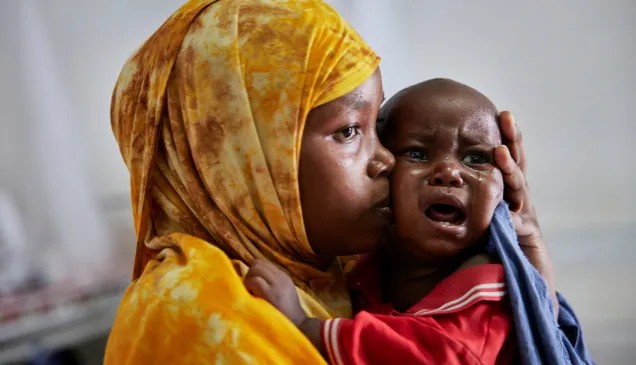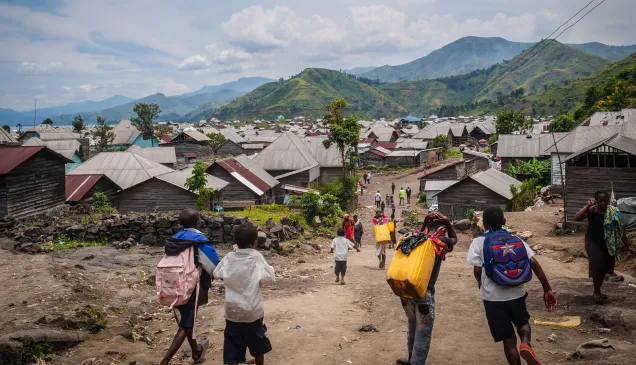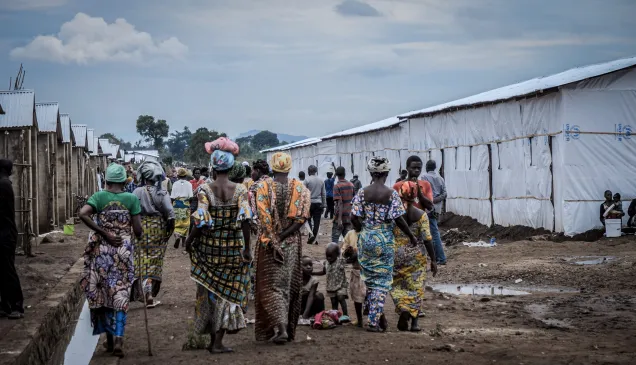Children forced to go to war
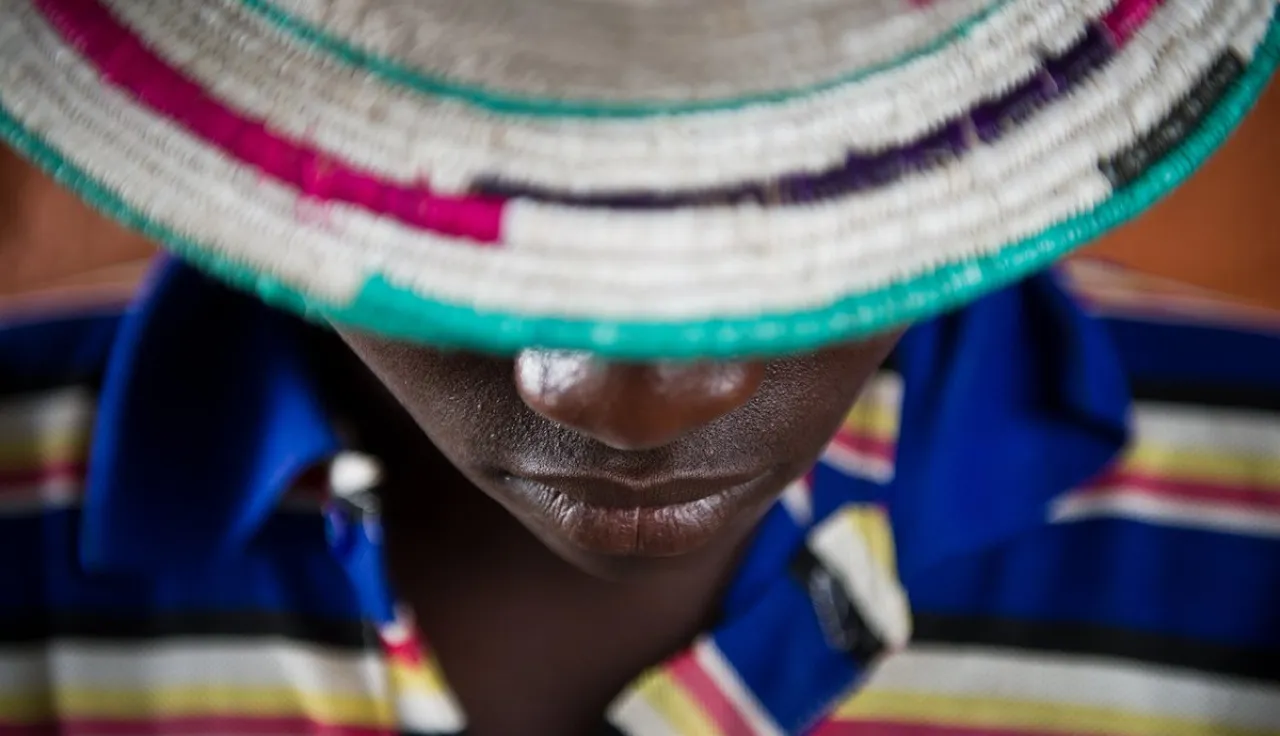
Nobody knows just how many children are fighting or caught up in armed conflicts around the world. But one thing is certain: they have been denied their right to an education and deprived of a childhood.
Children must not be recruited in war. It's against the law. pic.twitter.com/6mgar4PX6N
— ICRC (@ICRC) January 4, 2019
It is against the law for State armed forces and non-State armed groups to recruit children, but it still happens. It is a serious problem from a humanitarian standpoint, particularly in Africa.
In many places around the world, children are armed and actively participate in fighting. But they may also perform other functions, like those of lookouts, spies or sex slaves. Whatever their roles and whether or not they are forcibly recruited, these children are separated from their families, deprived of an education and vulnerable to being imprisoned, injured or killed.
Why do militaries and armed groups recruit children?
- They are more easily influenced and do as they are told.
- They are less likely to run away.
- They are inconspicuous spies and messengers.
- They cost less.
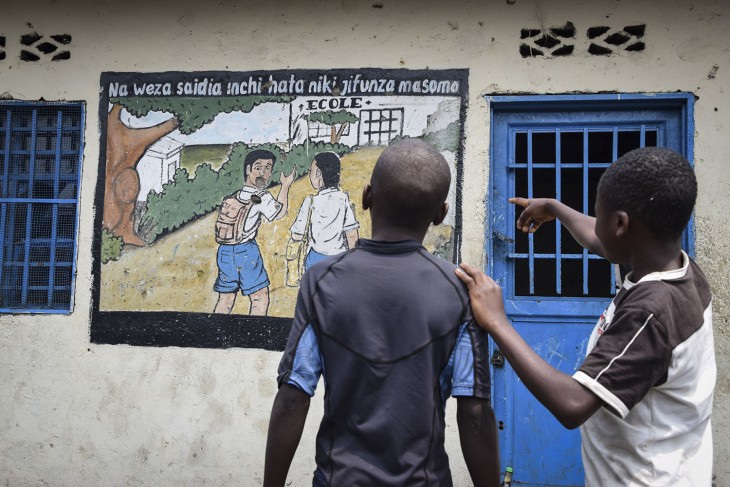
Two boys at a reintegration session for children formerly associated with armed forces or armed groups waiting to rejoin their families in North Kivu, Democratic Republic of the Congo. CC BY-NC-ND / CICR / Christian Katsuva Kamate
Children involved in warfare are also the victims of intense psychological violence. Many are haunted by traumatic events, constantly reliving the horrors they witnessed or the atrocities they were forced to commit – sometimes even against their own family or friends.
After returning home, they may be rejected by their families or communities, who may be afraid of what they have become. No matter what they have done, though, these children are victims and should be treated as such.
The message is simple: children should go to school, not to war.
The 1977 Protocols additional to the Geneva Conventions were the first international treaties that attempted to address this issue. They outlawed recruiting children under the age of 15 and prohibited their direct participation in hostilities. In international armed conflicts, Additional Protocol I required that States recruiting youth between the ages of 15 and 18 give priority to the oldest
The 1989 United Nations Convention on the Rights of the Child, which has been almost universally ratified, also established 15 years old as the minimum age for children participating in armed conflicts. The First Optional Protocol to the Convention, adopted in May 2000, raised the minimum age for conscription from 15 to 18 years old and set the minimum age for voluntary recruitment by State armed forces at 15 years old. It also stated that armed groups should not under any circumstances recruit children under the age of 18 and that States should make any such recruitment a criminal offence.
As part of the ICRC's work in conflict zones worldwide, we help children who have been through such experiences to be reunited with their families, reintegrate into their communities and live life as a child again.

